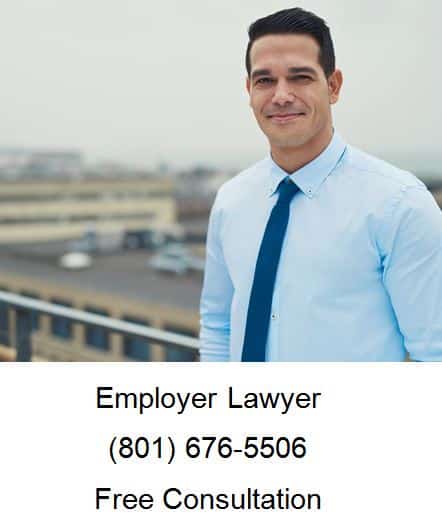
The word “rehabilitation” in the area of workers’ compensation has two very different meanings. When most people think of rehabilitation, they think of physical therapy or rehabilitative care aimed at overcoming an injury and regaining functionality. Did you know that there is also vocational rehabilitation? In many states, injured workers who cannot return to their former employment are entitled to this type of rehabilitation at the expense of their employer’s workers’ compensation carrier.
• The amount and type of vocational rehabilitation provided to injured employees, as with any other workers’ compensation law, varies greatly between jurisdictions. Some of the services which an injured worker may be entitled to include:
o On-the-job training
o Transferable skills analysis and testing
o Resume and job application completion services
o Interview skills and techniques assistance
o Labor market surveys
o Job analyses
o Job search assistance
o Wage assessment evaluations
o Vocational Rehabilitation Counseling
o Ergonomics assessments
o Americans with Disabilities Act (ADA) reasonable accommodation assistance
o Medical case management
o Education and Tuition payments for retraining
• The actual vocational rehabilitation benefits to which an injured employee will be entitled are not only limited to the specific situation which the employee is in, but also must comport with statutory and regulatory limitations.
• In many states, the only specific employee responsibility in connection with vocational rehabilitation is that they must “accept” it. Inherent to this responsibility is the requirement that the employee cooperate with vocational rehabilitation efforts and make a valid attempt to return to suitable employment. Other states have different types of requirements. In Massachusetts, for example, an employee is not required to participate in either physical rehabilitation or vocational rehabilitation.
A Notable Difference: In California an employee needs to make a request for vocational rehabilitation, but may make the request at anytime within 15 years from the date of injury!
Warning to Employees: If an employee refuses to cooperate with rehabilitation service providers, the workers’ compensation carrier may reduce, if not suspend, wage loss benefits for the period of non-cooperation.
• An employer (or its workers’ compensation carrier) also has statutory or regulatory responsibilities that they must comply with. For example, in Minnesota, an employer must offer rehabilitation counseling services to any employee who has an injury that has resulted in 60 days of lost time from work. The offer must be made within five days after that threshold has been reached. However, if the employee sustained a back injury, they only need lose 30 days of work in order for the employer to be required to offer rehabilitation counseling. In Missouri, however, an employer must offer vocational rehabilitation within 120 days if the injury resulted in a loss of suitable gainful employment
Note: The laws regarding the responsibilities of both employers and insurers vary by state. Make sure that you have reviewed your state’s laws and that you understand both your rights, and your responsibilities.
In some states, an employer may be required to pay for items such as tuition, living expenses, room & board, child care expenses, and travel expenses in addition to regular wage loss benefits while an employee is participating in certain vocational rehabilitation programs.
• In some states only specifically qualified individuals are allowed to provide vocational rehabilitation assistance to injured workers.
For example, only individuals who are Certified Rehabilitation Counselors (CRCs), Certified Disability Management Specialists (CDMSs) or Certified Case Managers (CCMs) may provide vocational rehabilitation assistance to injured employees in some jurisdictions.
Free Initial Consultation with Lawyer
It’s not a matter of if, it’s a matter of when. Legal problems come to everyone. Whether it’s your son who gets in a car wreck, your uncle who loses his job and needs to file for bankruptcy, your sister’s brother who’s getting divorced, or a grandparent that passes away without a will -all of us have legal issues and questions that arise. So when you have a law question, call Ascent Law for your free consultation (801) 676-5506. We want to help you!
8833 S. Redwood Road, Suite C
West Jordan, Utah
84088 United States
Telephone: (801) 676-5506
Recent Posts
Recent Changes In NY Custody And Support Laws/a>
Divorce Lawyer and Family Law Attorneys


